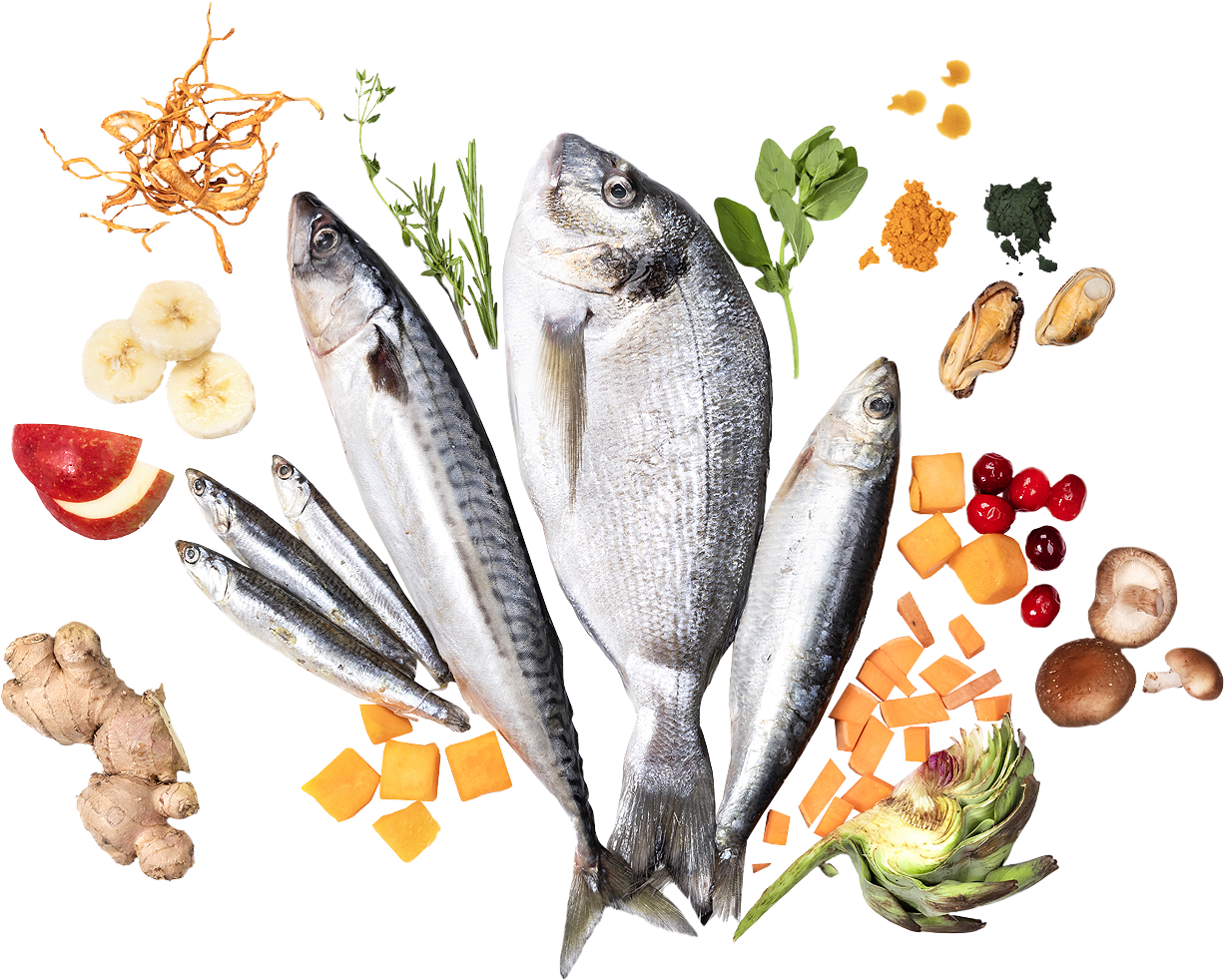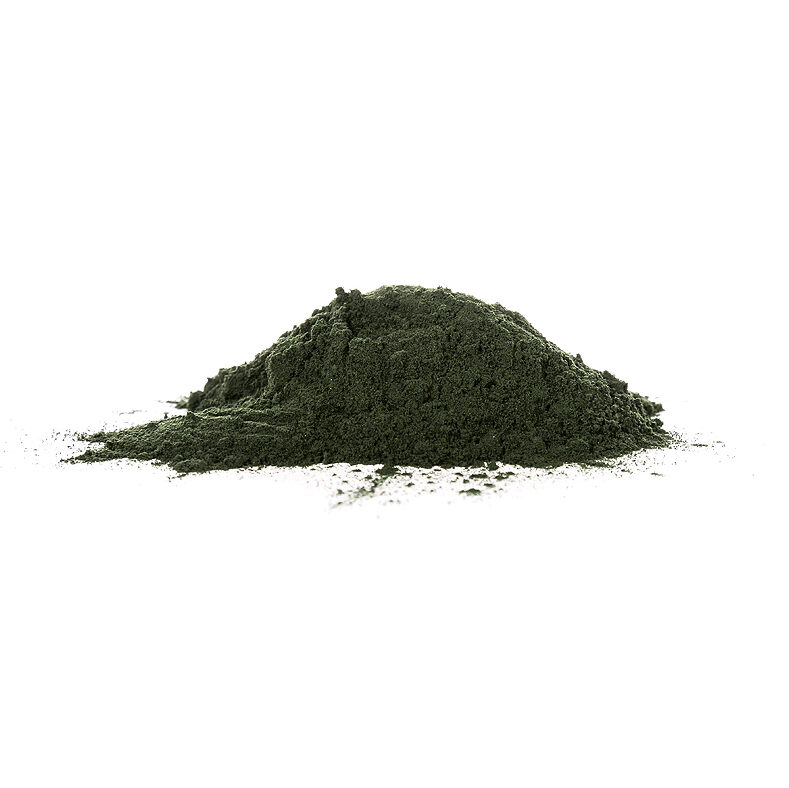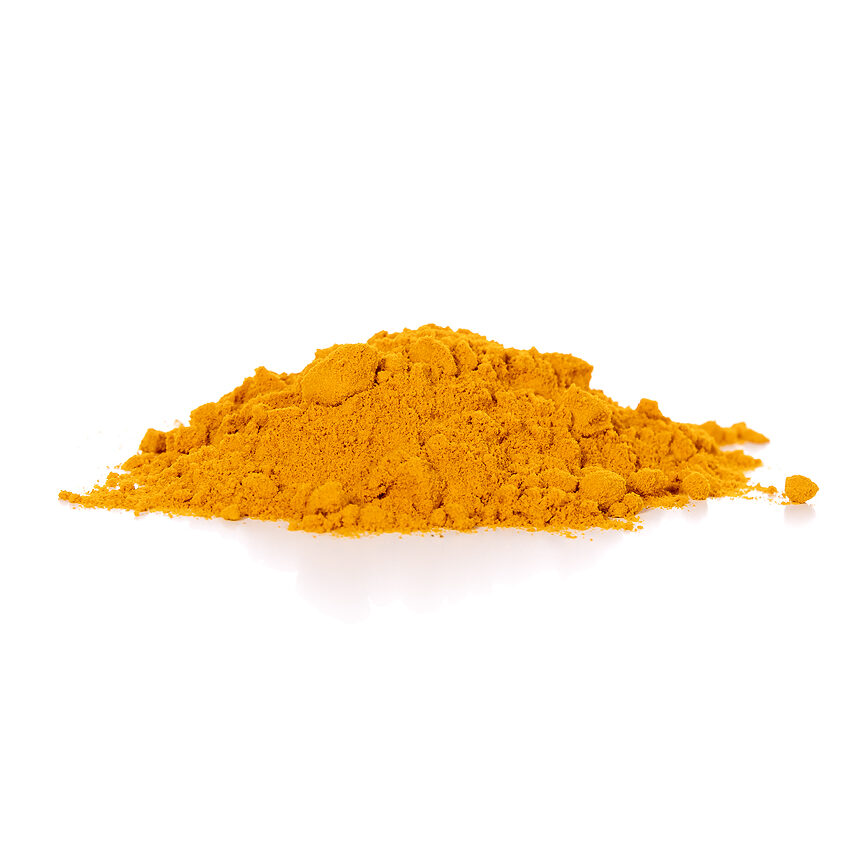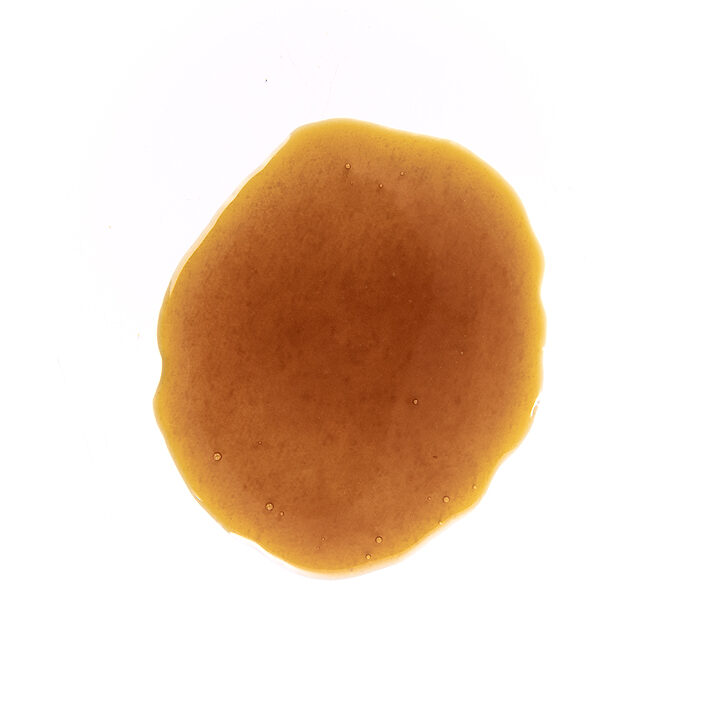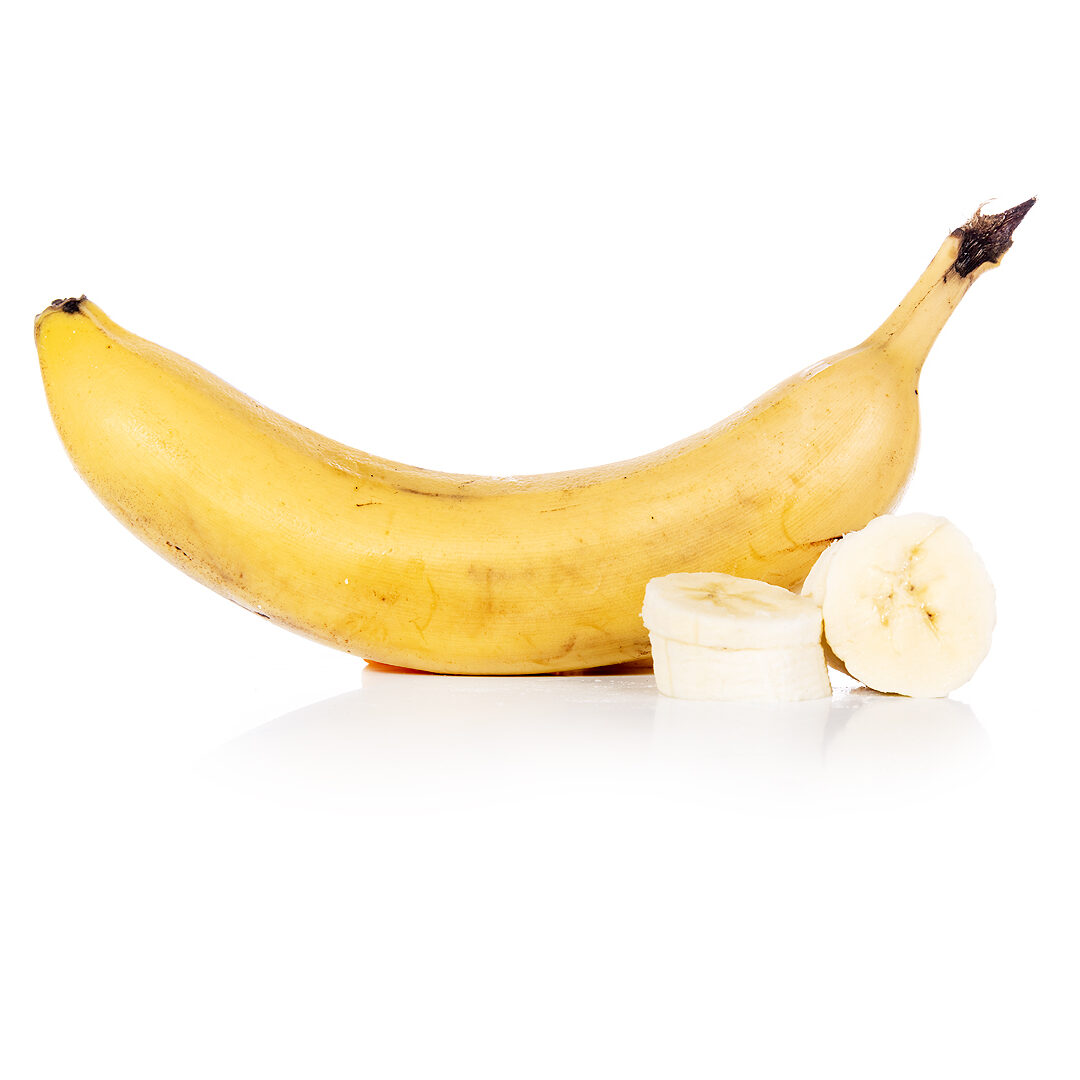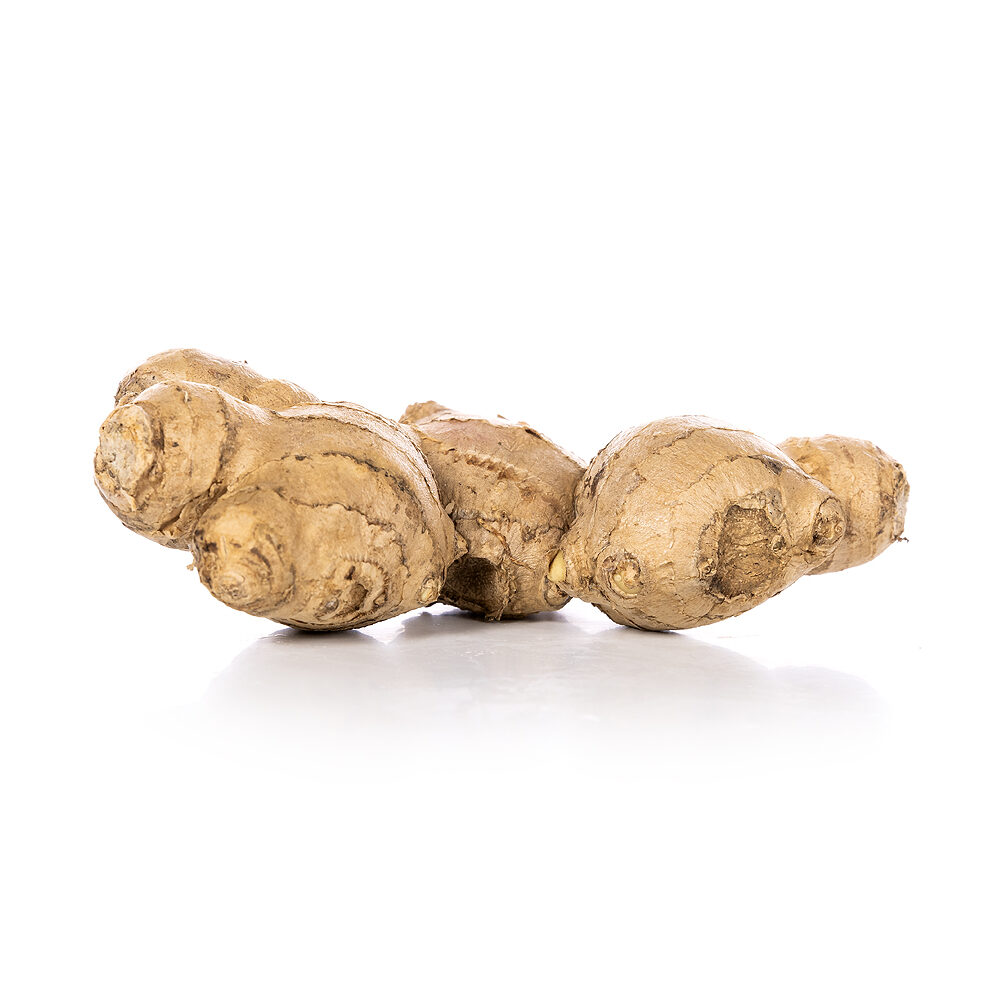Ingredients
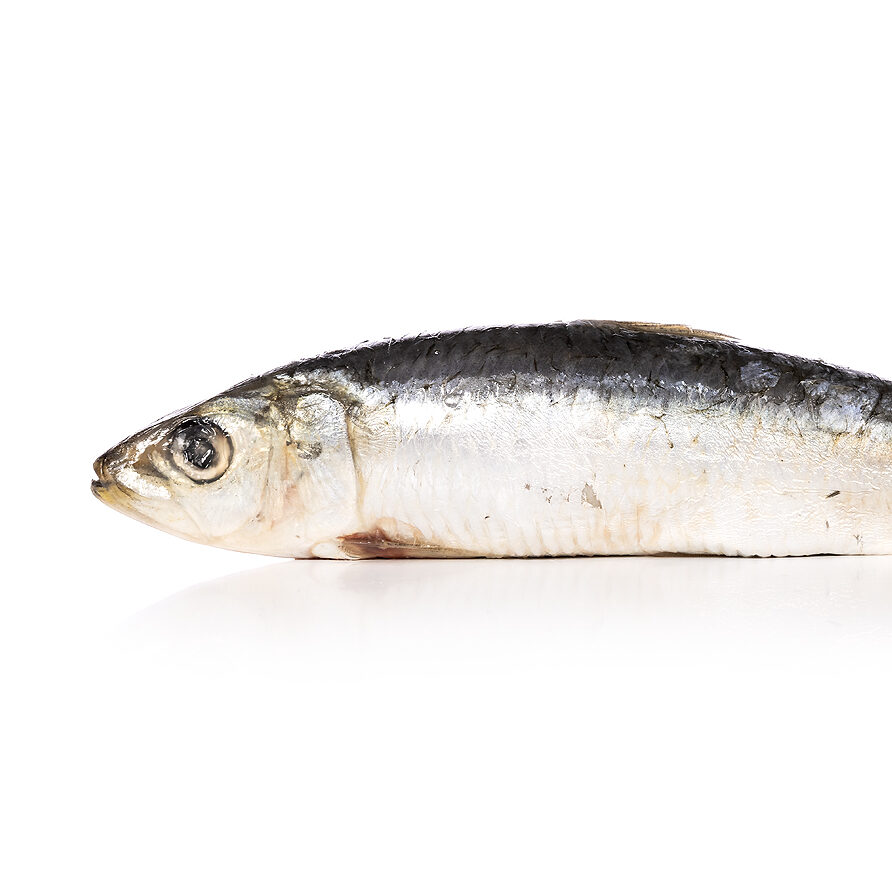
Sardines are small, oily fish that belong to the herring family. The name sardines comes from the island of Sardinia, in the Mediterranean Sea, where they were once abundant. The Mediterranean diet is known as one of the healthiest diets in the world, and eating oily fish, and therefore also these fish, has a lot to do with this.
Sardines are very rich sources of long-chain omega-3 fatty acids (EPA and DHA), which are known to have numerous health benefits. Depending on the size and type of the sardine, the amount of omega-3 may vary. However, on average, a portion of 100 grams of sardines contains no less than approximately 1.5 – 2.5 grams of omega-3 fatty acids! These fats have an extremely effective anti-inflammatory effect.
Additional health benefits:
1. Vitamins & minerals:
Sardines contain minerals such as calcium, iron, magnesium, phosphorus, potassium, sodium and zinc. Vitamins in sardines include thiamin, riboflavin, vitamin B3, vitamin B6, folic acid, vitamin B12, vitamin A, vitamin D, vitamin E and vitamin K. Sardines contain more calcium, phosphorus, potassium, vitamin B12 and vitamin D than other types of fish, such as salmon and tuna!
2. Rich in selenium:
This trace element with a pronounced antioxidant function deserves a separate mention. Many dogs (and people) are deficient in this, although they only need it in small amounts. Sardines are one of the best sources of this. Sufficient selenium from the diet helps reduce inflammation, improves mood and can even reduce the risk of seizures.
3. Few heavy metals:
It is often said that oily fish contains a lot of heavy metals, and therefore dogs should not eat too much of it. These metals enter the environment through metal mining, paint production and the combustion of coal and waste. Dioxins, PCBs or pesticide residues are also increasingly being found in them, which would negate the health benefits of eating oily fish. Fortunately, sardines are a small species of fish, which means that the accumulation of heavy metals remains minimal. Sardines do little to no ‘bioaccumulation’, which means they store little to no toxins in their fatty tissue.
4. Rich in proteins:
Sardines contain 24.6g of protein per 100g. This means that with 1 can of sardines you already get almost 1/3rd of your total protein needs per day. Moreover, the proteins from sardines are extremely easy to digest and easily absorbed. As you may already know, proteins are “the building blocks of life”. Too little consumption can lead to a range of health problems.
5. Supports mental health:
There are studies showing that nutritional therapy with oily fish such as sardines can have a direct positive effect on brain health. “Small fish build strong brains”. Using sardine oil can activate the cerebral cortex in the brain; the area where memory, attention, focus, thoughts and language are located. In older animals it can be used preventively for brain-related age-related complaints such as dementia.
